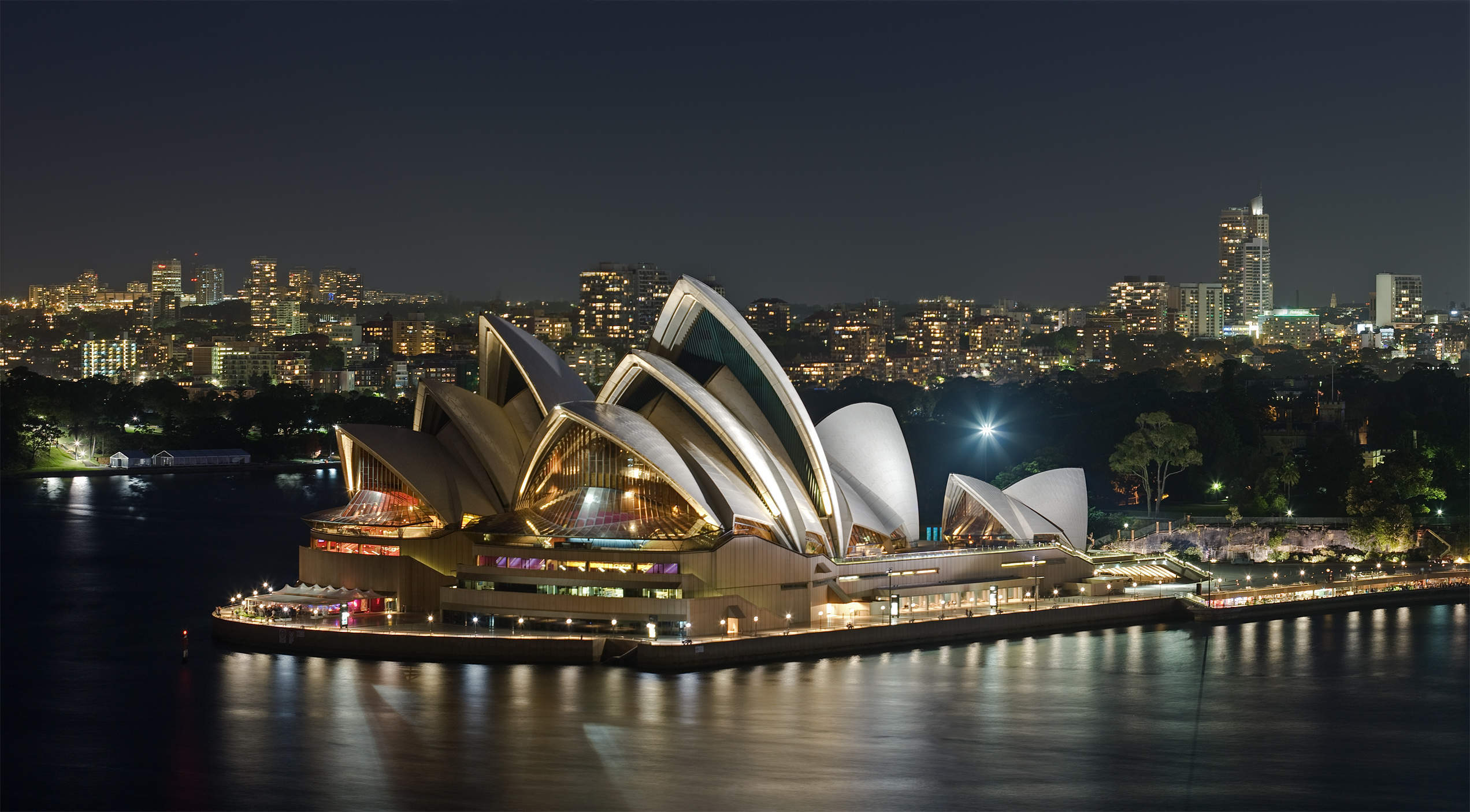
Sydney, Australia, is top of the list for all our holiday excursion plans as the city has been revealed as top of 2016’s most reputable cities list.
City RepTrak is a global survey based on more than 22,000 consumer ratings collected in the G8 countries which ranks the world’s top cities.
Categories include levels of trust, esteem, admiration and respect reflected in the way these cities function.
This is the second time Sydney topped City RepTrak’s list with a reputable rating of 81.8, but another Australian city, Melbourne, has dropped out altogether.
Canada comes top as having the most cities on the list: with Toronto, Montreal and Vancouver all making their way into the top 10.
The top 10 most reputable cities
- Sydney, Australia – 81.8
- Vienna, Austria – 81.7
- Zurich, Switzerland – 80.2
- Toronto, Canada – 79.5
- Stockholm, Sweden – 79.5
- Edinburgh, UK – 78.9
- Montreal, Canada – 78.7
- Rome, Italy – 78.6
- Vancouver, Canada – 78.5
- Copenhagen, Denmark – 78.4
The first five cities are also the top places that respondents chose as a place to live.
How well do you really know your competitors?
Access the most comprehensive Company Profiles on the market, powered by GlobalData. Save hours of research. Gain competitive edge.

Thank you!
Your download email will arrive shortly
Not ready to buy yet? Download a free sample
We are confident about the unique quality of our Company Profiles. However, we want you to make the most beneficial decision for your business, so we offer a free sample that you can download by submitting the below form
By GlobalDataSurprisingly, there are no US cities on the list. In fact, no US cities have made the top 10 list as far back as 2011.
Clearly, its North American cousin, Canada, has all the fans.
According to the World Tourism Organisation, international tourist arrivals grew by 4.4 percent in 2015 and reached a record 1.2bn people.
Not only are we travelling more, but we’re also spending a lot more too. In 2016, total government spending on tourism marketing, promotion and tourism related infrastructure is expected to be $413bn – 10 percent higher than 2011, and this is expected to increase by another 29 percent by the next decade.







